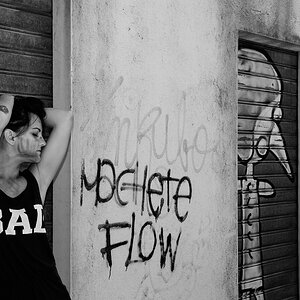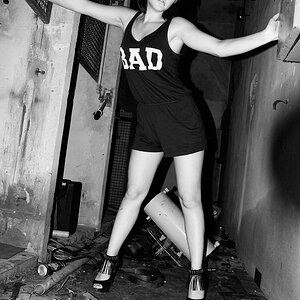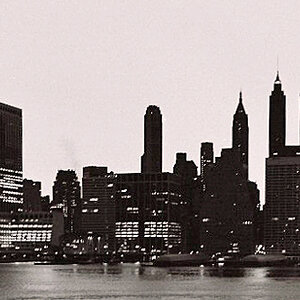Goldcoin79
TPF Noob!
- Joined
- May 23, 2012
- Messages
- 152
- Reaction score
- 2
- Location
- Uk, Hemel Hempstead
- Can others edit my Photos
- Photos OK to edit
Hi All
Hoping someone can give me the pros and cons and there preferances on a DSLR and micro system digital cameras. A friend of mine has bought a Panasonic Lumix G2 which is classed as a micro system digital camera, he was telling how good it is and when I had a look it seemed to have every thing you would need, it is smaller than a DSLR has all the functions of a DSLR and you can change the lenses on it.
On paper it seems to me that you might aswell by a camera which is in the micro system range as it does the same thing as an DSLR and is smaller. I am asumeing this statement is wrong as DSLR's cost more and more peaple have them so can any one tell me the advantage of having a DSLR over a micro system digital camera. Also does any one have any info on how good a micro system digital cameras is such as the Panasonic Lumix G2 and what level can it be used for photography.
James
Hoping someone can give me the pros and cons and there preferances on a DSLR and micro system digital cameras. A friend of mine has bought a Panasonic Lumix G2 which is classed as a micro system digital camera, he was telling how good it is and when I had a look it seemed to have every thing you would need, it is smaller than a DSLR has all the functions of a DSLR and you can change the lenses on it.
On paper it seems to me that you might aswell by a camera which is in the micro system range as it does the same thing as an DSLR and is smaller. I am asumeing this statement is wrong as DSLR's cost more and more peaple have them so can any one tell me the advantage of having a DSLR over a micro system digital camera. Also does any one have any info on how good a micro system digital cameras is such as the Panasonic Lumix G2 and what level can it be used for photography.
James






![[No title]](/data/xfmg/thumbnail/35/35666-9f404fab7b896e4ec114160079fa71c6.jpg?1619737090)






